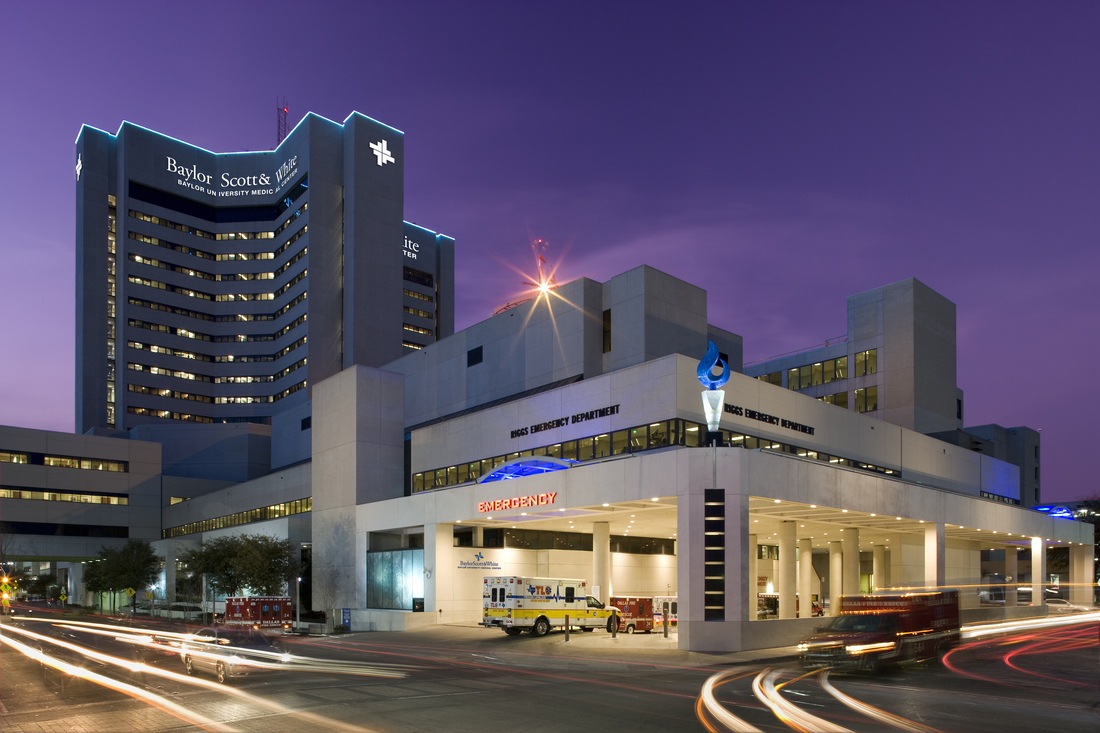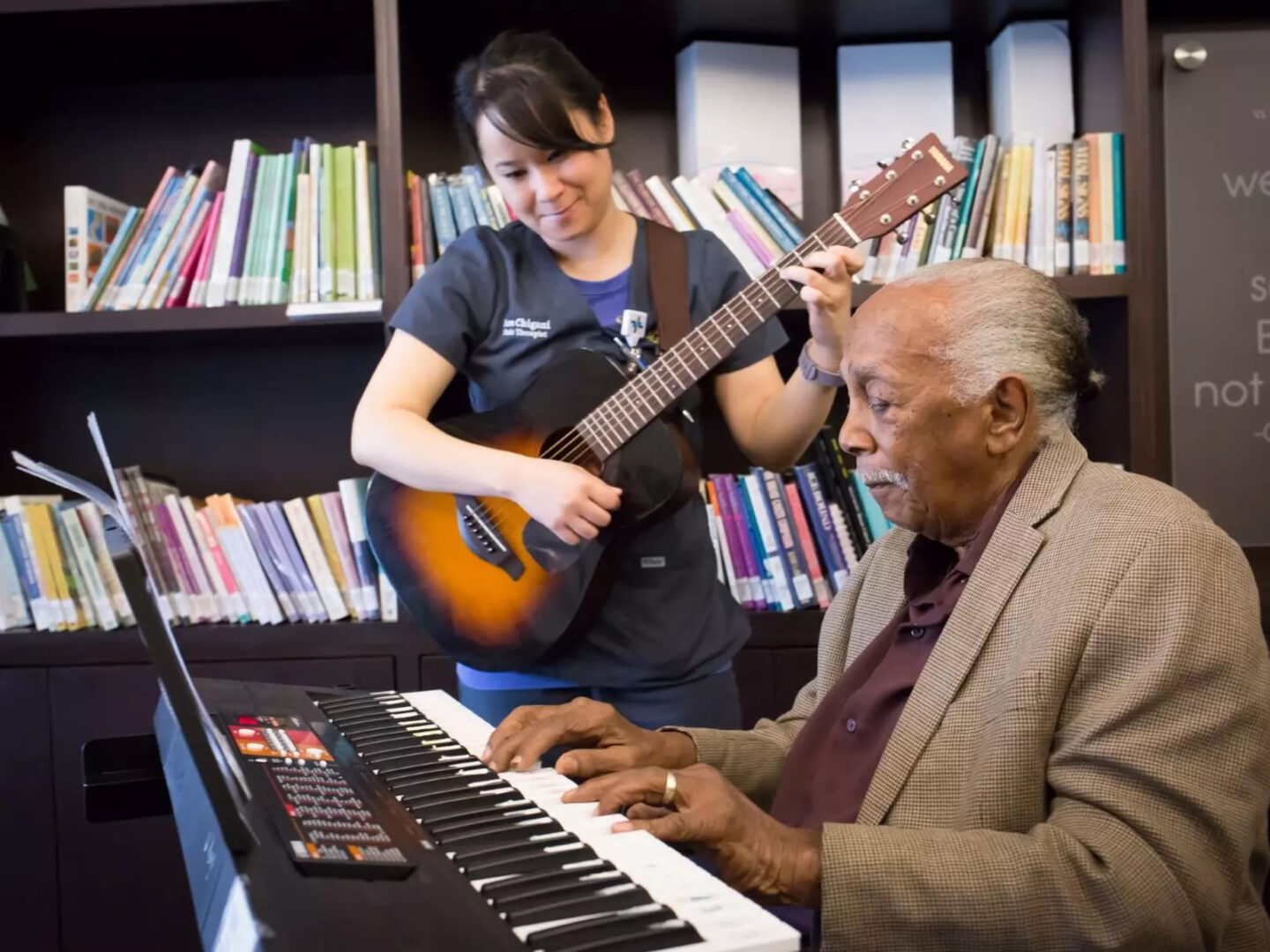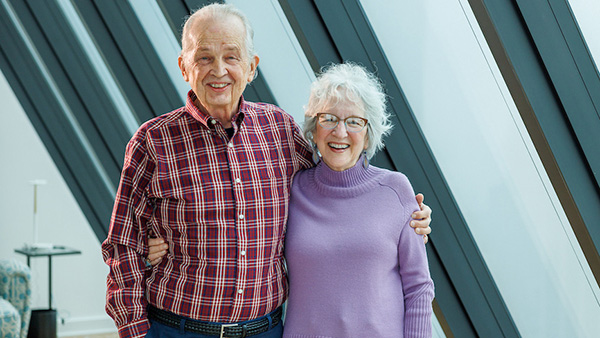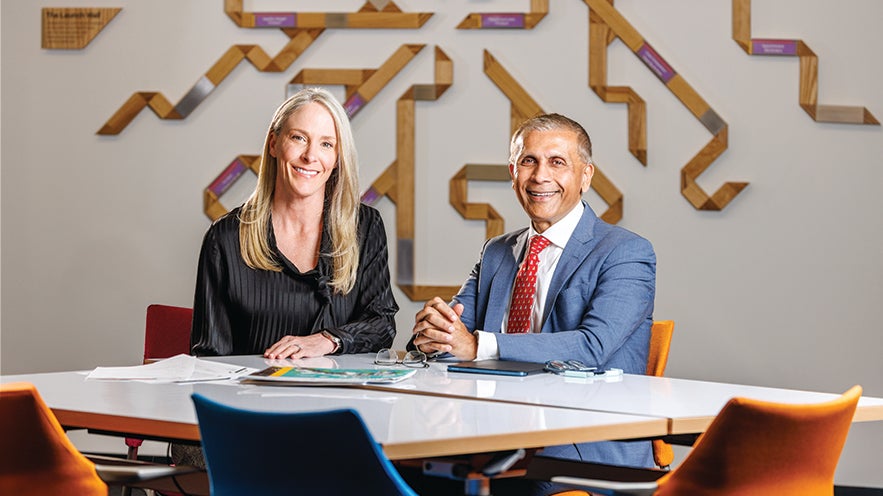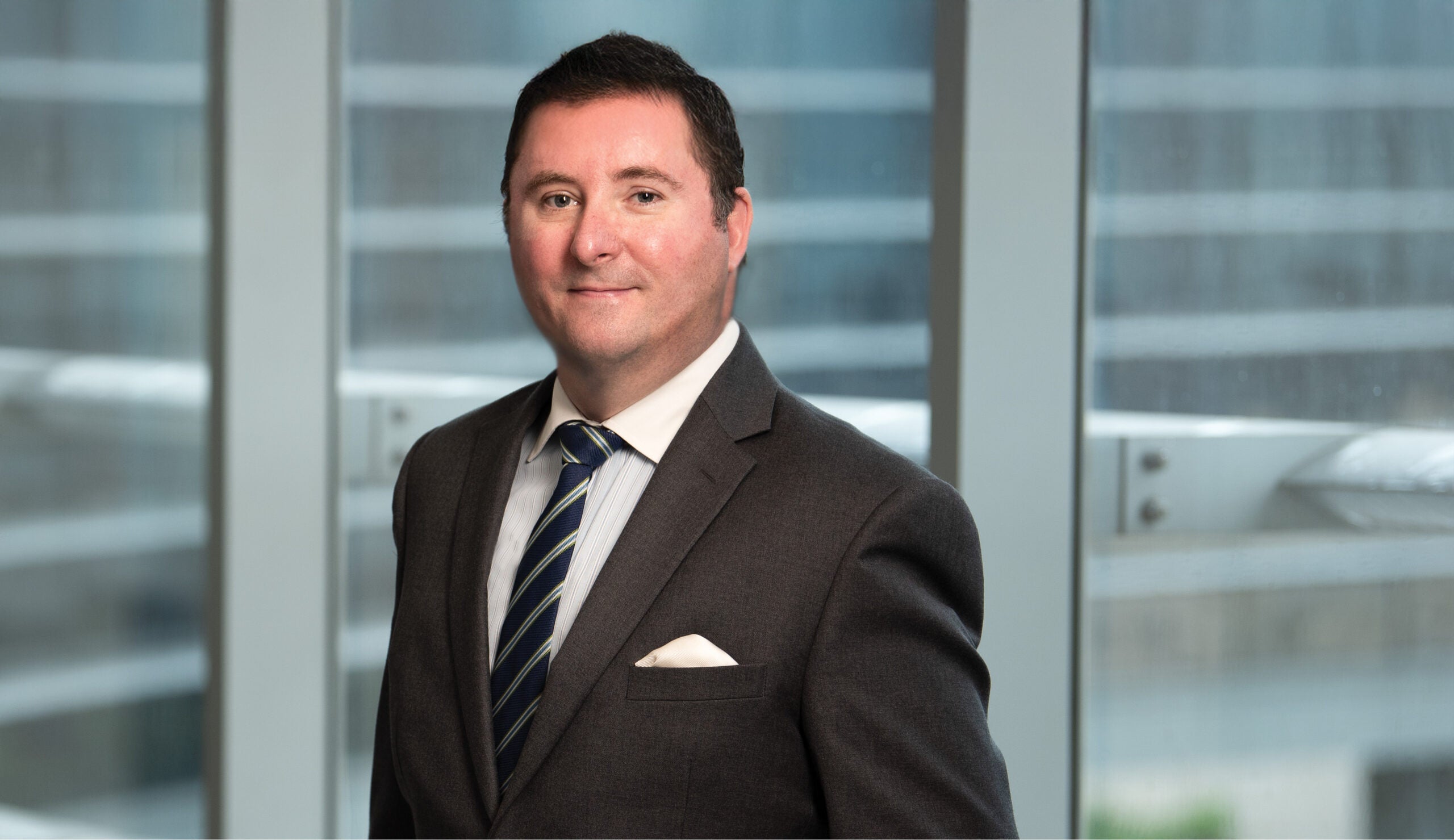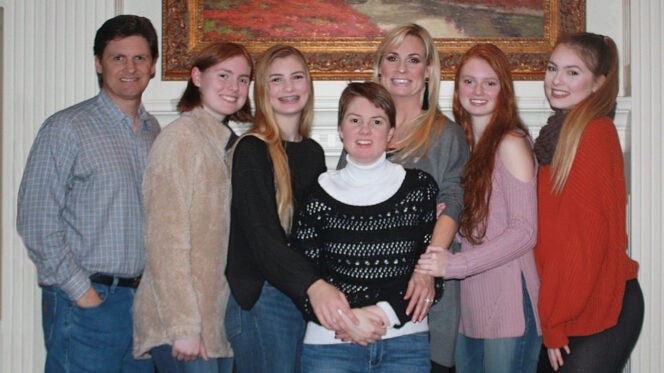In this Article
- Chief of Oncology for Baylor Scott & White Health – North Texas and Medical Director of Oncology at Baylor University Medical Center in Dallas
- As a native of Ireland, can you talk about your journey that led you to the United States?
- What has helped shape the way you think about healthcare in general and cancer care specifically?
- How do you plan to enhance care across Baylor Scott & White?
- How would you like to be remembered?
Chief of Oncology for Baylor Scott & White Health – North Texas and Medical Director of Oncology at Baylor University Medical Center in Dallas
In this Article
- Chief of Oncology for Baylor Scott & White Health – North Texas and Medical Director of Oncology at Baylor University Medical Center in Dallas
- As a native of Ireland, can you talk about your journey that led you to the United States?
- What has helped shape the way you think about healthcare in general and cancer care specifically?
- How do you plan to enhance care across Baylor Scott & White?
- How would you like to be remembered?
Doctor Kelly was welcomed to Baylor Scott & White in November 2018 from Johns Hopkins University in Baltimore, Md., where he served as both director of the Gastroesophageal Cancer Therapeutics Program and as medical director of Global Oncology for Johns Hopkins International.
After earning a medical degree from the Royal College of Surgeons in Ireland and a master’s in business administration from University College Dublin, Dr. Kelly completed an oncology fellowship at the National Cancer Institute, part of the National Institutes of Health. He was recently appointed clinical professor of the Texas A&M Health Science Center College of Medicine and remains an adjunct associate professor of oncology at Johns Hopkins.
Dr. Kelly continues to lead multiple international phase II & III clinical trials investigating novel targeted and immunotherapy drugs in lung cancer and gastroesophageal cancer. He is committed to improving the quality of care for all cancer patients and is particularly passionate about the role immunotherapy may play in this quest.
As a native of Ireland, can you talk about your journey that led you to the United States?
I had completed an oncology fellowship in Ireland and really wanted to do a second, more focused fellowship with an emphasis on clinical trial design and novel drug development. In 2007, I came to the NIH and stayed on as a clinical researcher prior to joining the faculty at Johns Hopkins. I saw great promise in the area of lung cancer and gastroesophageal cancer research, where there had been little advancement up to then. It’s been my main focus ever since to change the paradigms of care not only for lung/esophageal cancer patients, but for all cancer patients.
What has helped shape the way you think about healthcare in general and cancer care specifically?
So many patients are filled with dread when they hear the word “cancer” or get any serious diagnosis, for that matter. When I decided to become a medical oncologist, I was motivated to try to help the sickest of the sick, take away some of the anxiety that patients feel, and instill a sense of hope.
How do you plan to enhance care across Baylor Scott & White?
The Charles A. Sammons Cancer Center is already a Center of Excellence for Immunotherapy, offering a significant number of novel and some first-in-human immunotherapeutic applications that are not available anywhere else. Now I want us to accelerate these innovative efforts in order to make significant cancer discoveries for years to come. Additional programs like the American Cancer Society Gene and Jerry Jones Family Hope Lodge, dedicated patient navigators, genetics counselors and personalized rehabilitation services that focus both on recovery and survivorship will continue to set us apart.
How would you like to be remembered?
someone who took the time to treat more than just the cancer by focusing on the whole patient. I would also like to be viewed as someone who improved our understanding as a cancer system of how we can personalize immunotherapeutics so that every
patient can benefit.
